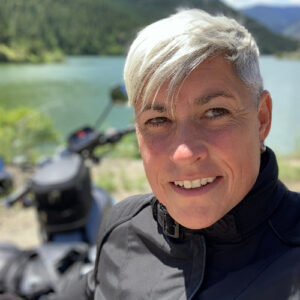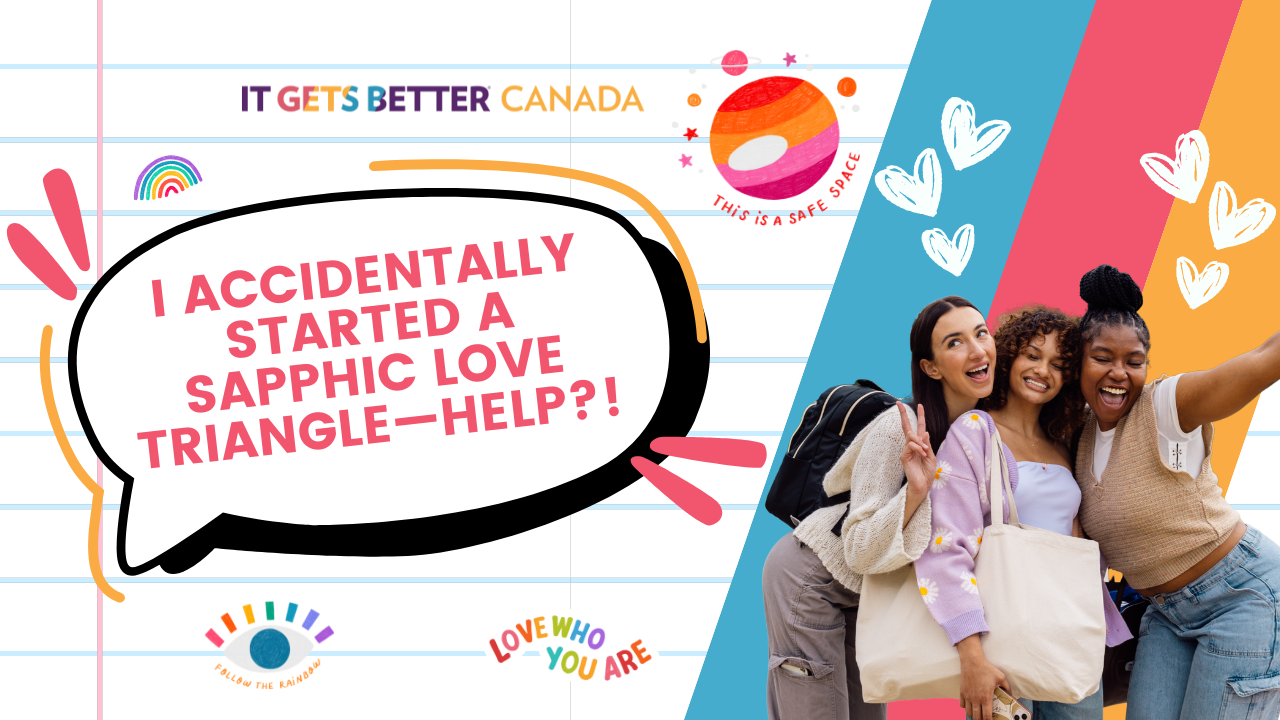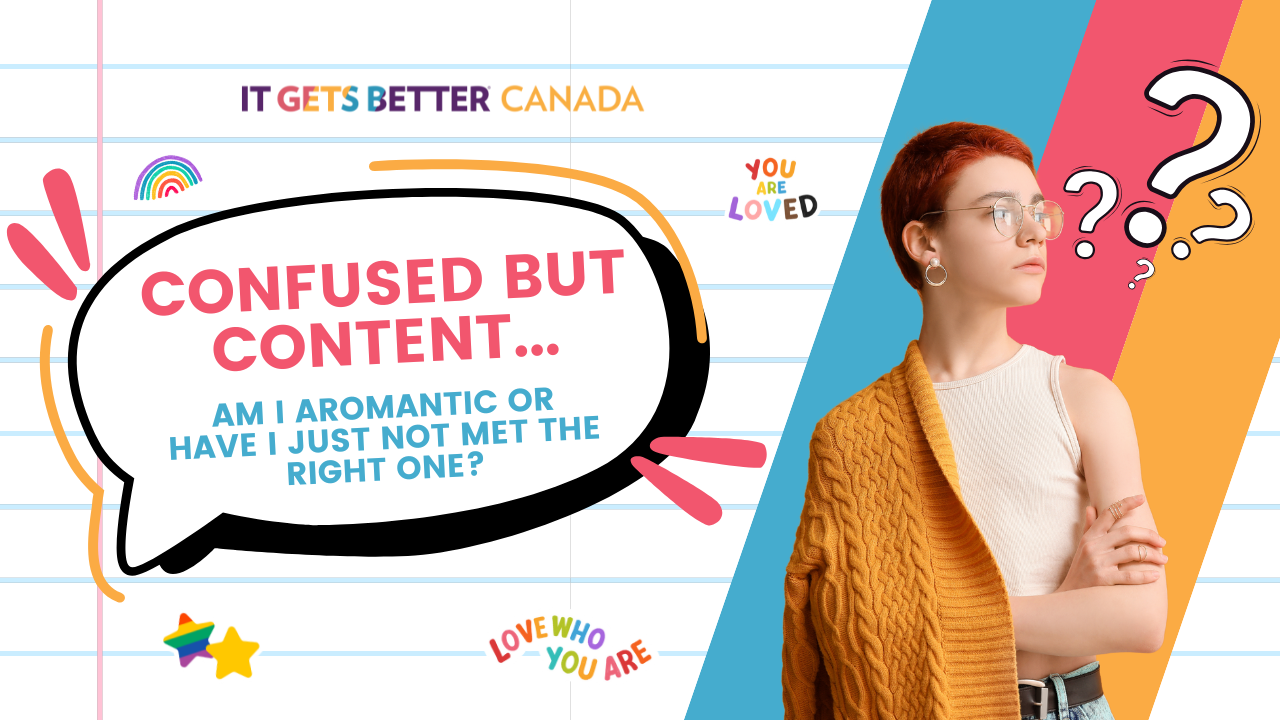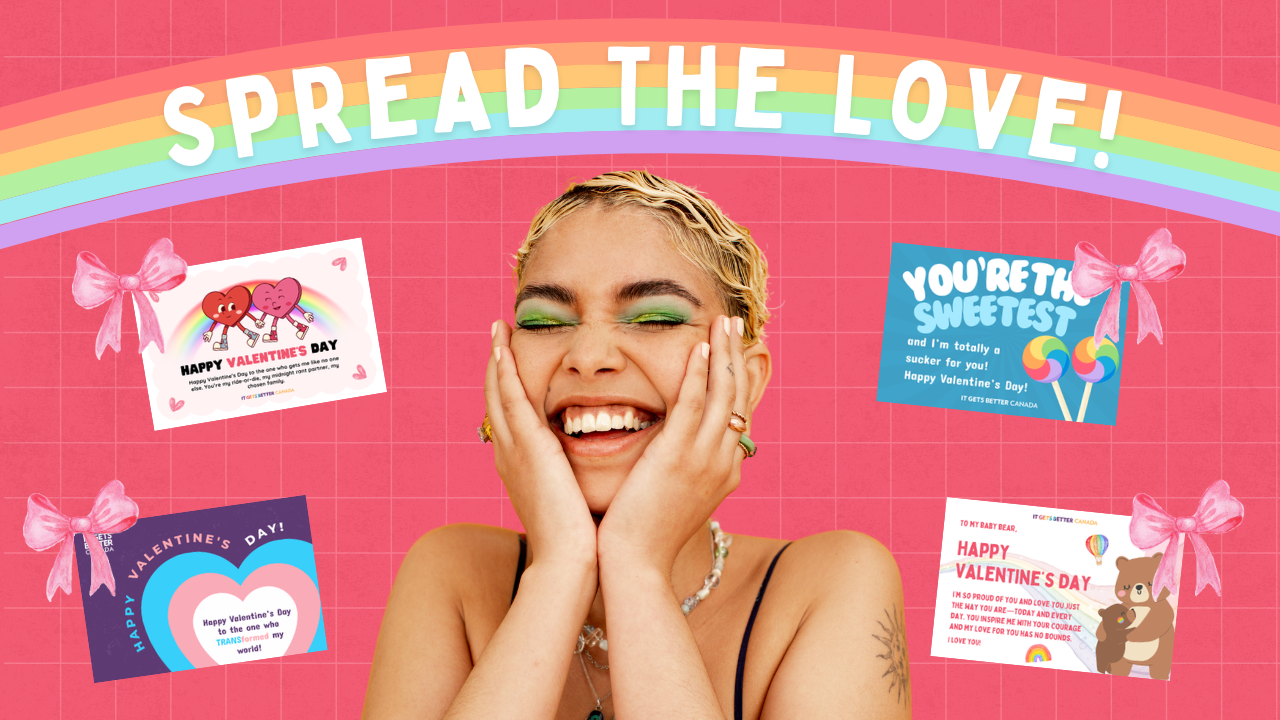
IDAHOBIT – International Day Against Homophobia, Transphobia and Biphobia
About the day The International Day Against Homophobia, Transphobia and Biphobia is observed annually on May 17th. This day was created to raise awareness and
It’s no secret that there has been an upward trend in disappearing queer spaces across Canada. With the pandemic and rise of condos taking over long-withstanding queer spaces, where do members of the 2SLGBTQ+ have left for their own? A quick Google search for “lesbian bar” in Toronto, one of Canada’s most queer centric cities, will garner little to no options. A drastic change from just a few years ago.
These venues hold sacred space to share invaluable decade long stories of the hardships and struggles that our queer elders fought against to secure many of the advancements we have today. Wanting to better understand the scope of this disheartening disappearing trend and to learn more about what can be done to protect our queer safe space, It Gets Better Canada spoke with Chris Vautour, a documentary filmmaker researching Robin’s Nest, an underground lesbian bar in Cambridge Ontario, that existed from 1979-2010. We sat together to discuss the disappearance of these spaces and how we can move forward in reviving them for our 2SLGBTQ+ youth and community.

Oh, I can’t talk about all the fun we had. It was affirming, right? And so in that, we got to enjoy the same pleasure and enjoyment that every other Canadian has on Saturday nights. So that was fun enough just to be with each other. And then to also see, um, people kissing,dancing and having a good time. So going to the Robin’s Nest at that time in that era where the outside world was really stressful, really hard, we couldn’t say who we were. Just being inside that little bubble for a couple of hours, every Saturday night was the best. It was like Christmas every week.
We lose a sense of ourselves. We need, visibility. We need to be represented. We need to see ourselves. What’s at risk when we can’t find each other and be with each other to feel supported against the outside world? We slowly erode and we fall into spaces where we’re depressed, where we’re suicidal, or we’re not at our best. So dedicated space is the most important part of the queer movement, in my opinion.
Chris Vautour shares how queer representation in real life impacts future planning for queer youth.
I think that queer youth have a big job ahead of them like I did when I was younger, and I feel like they’re doing a great job considering everything that is up against them. But I feel like part of my research and part of my doc is to get young queer people and older people, queer people, to help each other, to communicate more. I think if young people look to their elders, to listen to their stories and for the elders in the community to share those stories and to reach out and not feel forgotten and resentful, but to learn about what young people are going through today. You know, I could list off all the things that, you know, we didn’t have not that long ago, only a few decades. It’s not really about that. We need to help each other in this, in our community to help the outside world understand that there should be no outside world. We should all be, you know, one with understanding with not just tolerance, but acceptance. So we have to start with ourselves. We have to talk to each other.
Youth want to gather in person. They need dedicated space. They need to be near each other physically and talk to one another and play with each other like that. You know, like, so I’m hoping that the future of queer spaces is that we have more dedicated space in that. They feel supported and seen in the task at hand in moving forward, to make sure that, you know, we’re safe and that we’re included and that what we do is not a crime and we don’t have to be on the outside of society anymore.
@itgetsbettercanada Our friend Sam (they/she) is here as @runwiththewildthings with an important message for #lesbiandayofvisibility! #lesbainpride #lesbiantiktok #ItGetsBetter #ItGetsBetterCanada ♬ original sound - It Gets Better Canada
@itgetsbettercanada Welcome back to another queer history moment! Did you know the history behind the term Sapphic? #Sapphic #Sapphos #Lesbian #2SLGBTQ #Queer #lesbianvisibilityweek #isleoflesbos #QueerHistory #Poetry #WLW ♬ original sound - It Gets Better Canada

About the day The International Day Against Homophobia, Transphobia and Biphobia is observed annually on May 17th. This day was created to raise awareness and

Dear Queer, So… I think I may have unknowingly written myself into the plot of a messy queer romance novel. I (24F) recently started casually

Dear Queer, Lately, I’ve been questioning my sexuality because I think I might be aromantic. I’ve never really felt romantic attraction, but I have deep,

It Gets Better Canada is proud to receive over $1.5 million in federal funding It Gets Better Canada is proud to announce that we have

Send a thoughtful card to a loved one in the 2SLGBTQ+ community – whether it’s your partner, friend, or family member – and make a difference in our work for queer youth at the same time.

